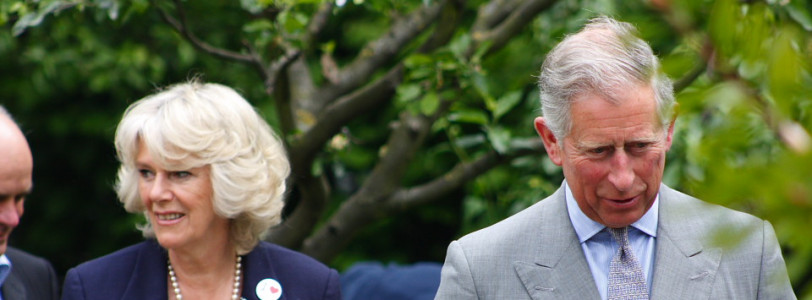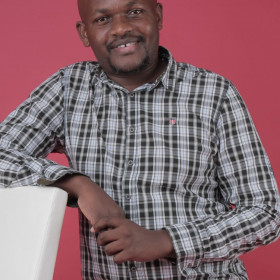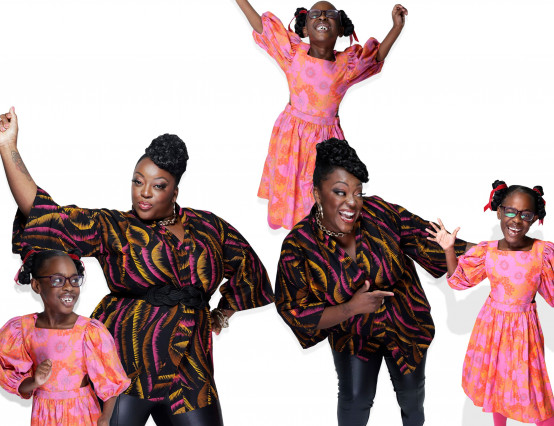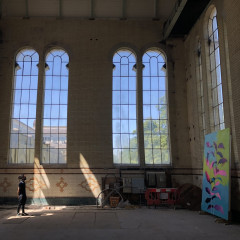The media is central to monarchy survival, says Dr Laure Clauncy, lecturer in media at Lancaster University. This is likely something that King Charles III is aware of, having shown a greater willingness to engage with the media before his ascension – certainly more than the late Queen Elizabeth II, who markedly didn’t comment on any controversial issue. This leads to the question of whether the new King will use the media as he did when he was a Prince?
That is not to say his relationship with the media has always been cordial. He was once recorded as saying “I hate doing this. Bloody people. I can't bear that man anyway. He's so awful, he really is. I hate these people” about the normally inoffensive BBC royal correspondent Nicholas Witchell. Indeed, King Charles III has had a challenging relationship with the press across many public, and private criticisms, injunctions, and numerous dramas as guests in media houses. For instance, in 2015 The Independent claimed that King Charles said that he would not speak to broadcasters unless they signed a contract giving him the rights to oversee editing and even to block a broadcast if he does not approve of the final product. This did not go well with the press since it limited their editorial freedom.
However, the peak of his association with the media is between the period of 1992 when he separated with Princess Diana, and in 1996 during their divorce. They used the media to brief against one another to the extent of recruiting national newspapers to run their side of the story.
Predicting the future?
The media has extensively covered King Charles's past and present. However, over the years the media has gone beyond that to even try to predict King Charles' future through arts and film. Although less frequently fictionalised than Queen Elizabeth II, the few writers who have placed him on centre stage tend to show him as an enlightened hero who might stand up to malign the political regime in Westminster.
In 2014, Playwright Mike Bartlett surprised the London theatre with the King Charles III play, later adapted for film by the BBC. The film depicts King Charles and his family gathering following the late Queen Elizabeth II funeral, before holding a meeting with the Prime Minister to discuss a bill for statutory regulations that would restrict freedom of the press. The bill is passed to both chambers of Parliament, and await King Charles’ assent to become law. King Charles is concerned with the bill and its allowance for the government to censor the news and stop the legitimate uncovering of power. The King asks the Prime Minister for changes to the bill but he refuses, causing a constitutional crisis and chaos in the country. There is a division within his own family, with Princess Kate seeing this as an opportunity for Prince William to seize the crown.
This drama predicted the death of Queen Elizabeth II, the accession of Prince Charles, and the choosing of the name King Charles III instead of the name King George VII as many thought he would choose.
The film suggests that the New King will be a people's champion given his life was treated as something of an open book as a Prince; people knew his views. However, journalist Raymond Snoddy predicts that the media can expect different treatment from King Charles. The change will come with the responsibilities observed in his new role. The office is too busy for him to find spare time compared to his previous prince role. Already, King Charles III and Camilla Parker-Bowles have shut their social media accounts, but still maintain the official Royal Family social account.
The media will be watching the reign of King Charles III and his performance, especially in promoting unity and patriotism, strict political neutrality, national security, and faith defence within the Church of England. Above all the media will also look at stories that are interesting to their audience, like for instance his comments towards Prince Andrew's scandals and on his action and reactions to Harry and Meghan’s chronicles.









0 Comments